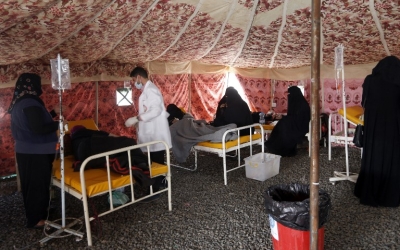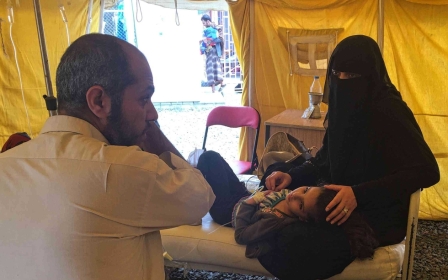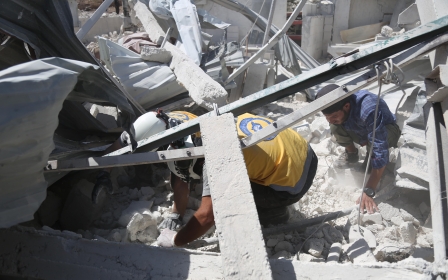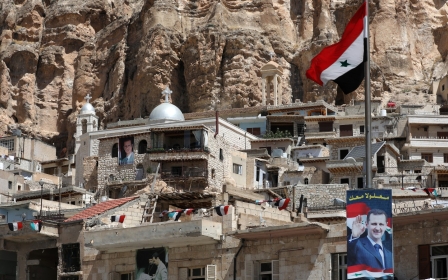Syria Kurds seek UN help after three die of cholera
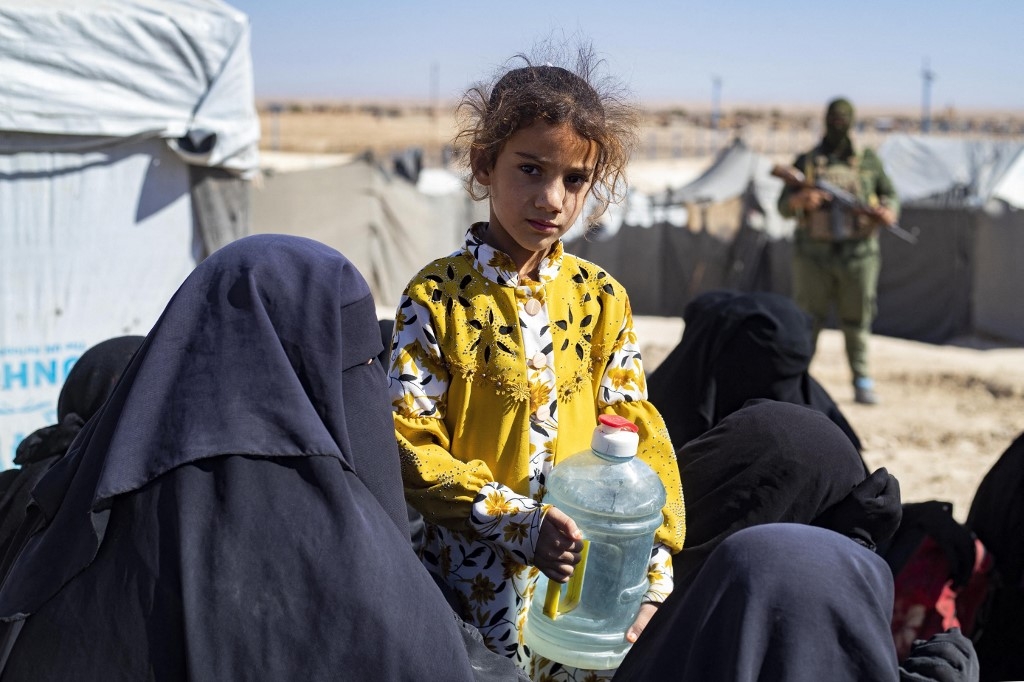
Three people have died of cholera in northern and eastern Syria, the region's Kurdish administration said on Saturday, appealing for international help to contain the outbreak.
Health authorities warned of "a large number of cholera cases in Raqa province and the western countryside of Deir Ezzor province".
Cholera is generally contracted from contaminated food or water and causes diarrhoea and vomiting. It can spread in residential areas that lack proper sewage networks or mains drinking water.
The Kurdish administration called on international agencies, "especially the World Health Organization, to provide necessary support to limit the spread of cholera".
The Syrian Observatory for Human Rights said the disease had spread in western parts of Deir Ezzor after local authorities stopped distributing chlorine to water pumping stations.
The Britain-based group, which has a wide network of sources in Syria, said that hundreds of people in the area were complaining of vomiting, diarrhoea and headaches.
The Deir Ezzor water authority has begun distributing 1,000 litres of chlorine to water stations in rural areas of the province, the Kurdish administration said on Saturday.
"This step is a precautionary measure to prevent cholera," it added.
More than a decade of civil war has devastated Syria's water supply and sewerage infrastructure.
Nationwide, the war has damaged two-thirds of water treatment plants, half of pumping stations and one-third of water towers, the United Nations Children's Fund (Unicef) said.
Nearly half the population relies on alternative and often unsafe sources of water while at least 70 percent of sewage goes untreated, Unicef said.
An outbreak of cholera hit neighbouring Iraq this summer for the first time since 2015.
Worldwide, the disease affects between 1.3 million and four million people each year, killing between 21,000 and 143,000 people.
Middle East Eye propose une couverture et une analyse indépendantes et incomparables du Moyen-Orient, de l’Afrique du Nord et d’autres régions du monde. Pour en savoir plus sur la reprise de ce contenu et les frais qui s’appliquent, veuillez remplir ce formulaire [en anglais]. Pour en savoir plus sur MEE, cliquez ici [en anglais].


